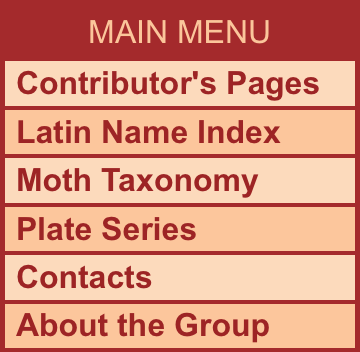
|

Digital Guide to Moth Identification |

|
|
Sesiidae
55a0075.01n –
2543.01 Sesia pacificum
(Edwards, 1881)
|
||||||||
| Photographs are the copyrighted property of each photographer listed. Contact individual photographers for permission to use for any purpose. | ||||||||

© Mike McIvor - f. |
||||||||
|
||||||||
| References (Caution: DNA barcoding at BOLD provides evidence of relatedness, not proof of identification; some BOLD specimens shown may not be sequenced.) | ||||||||
|
||||||||
 © Doug Macaulay  © Marius V. Aurelian |
||||||||
 © Gary Anweiler  29mm – © Jim Vargo |
Moth Photographers Group at the Mississippi Entomological Museum at the Mississippi State University
Send suggestions, or submit photographs to Webmaster — Moth Photographers Group
Database design and scripting support provided by Mike Boone


 - 31mm -
- 31mm - 



